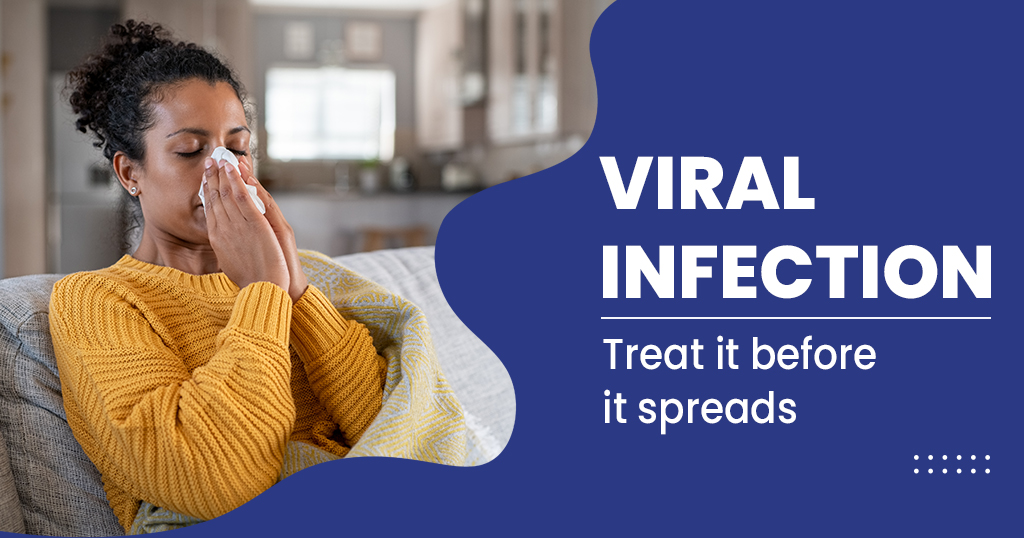Vaginal Infections
- A yeast infection of VAGINA AND TISSUE at the opening of the vagina (vulva).
- VAGINAL infection is caused by the fungus candida .
- Vaginal infections and their significance in women's health.
- Emphasize the importance of awareness and understanding for proper diagnosis and treatment.
Common Types of Vaginal Infections:
Yeast Infections (Candidiasis):
Causes: Candida overgrowth due to factors like antibiotics, hormonal changes, etc.
- Symptoms: Itching, burning, abnormal discharge.
- Treatment: Antifungal medications, hygiene recommendations.
Bacterial Vaginosis:
- Causes: Imbalance of vaginal bacteria.
- Symptoms: Fishy odor, grayish discharge, itching.
- Treatment: Antibiotics, maintaining vaginal pH balance.
Trichomoniasis:
- Causes: Parasitic infection (Trichomonas vaginalis).
- Symptoms: Itching, burning, greenish-yellow discharge.
- Treatment: Antiprotozoal medication.
Vaginal Candidiasis:
- Causes: Infection by group B streptococcus or other bacteria.
- Symptoms: Vaginal discomfort, abnormal discharge.
- Treatment: Antibiotics, especially during pregnancy.
Risk Factors and Prevention:
Discuss factors that increase the risk of vaginal infections, such as poor hygiene, douching, unprotected sex, etc.
- Offer advice on prevention, including maintaining proper hygiene, avoiding irritants, using protection during sex, and wearing breathable underwear.
Diagnosis and When to Seek Medical Help:
- Explain the importance of seeking professional medical advice for proper diagnosis and treatment.
- Describe common diagnostic methods, including physical exams, swabs, and laboratory tests.
Treatment Options:
- Elaborate on the various treatment options available for different types of vaginal infections.
- Stress the importance of completing the prescribed course of treatment.
Maintaining Vaginal Health:
Provide general tips for maintaining vaginal health, such as using mild soaps, avoiding scented products, and maintaining a balanced diet.
- Emphasize the role of probiotics in supporting vaginal flora.
When to Consult a Doctor:
- List symptoms that indicate a need for prompt medical attention.
- Encourage readers not to self-diagnose and to consult a healthcare professional for accurate diagnosis and treatment.



.png)


.jpeg)

Comments
Post a Comment